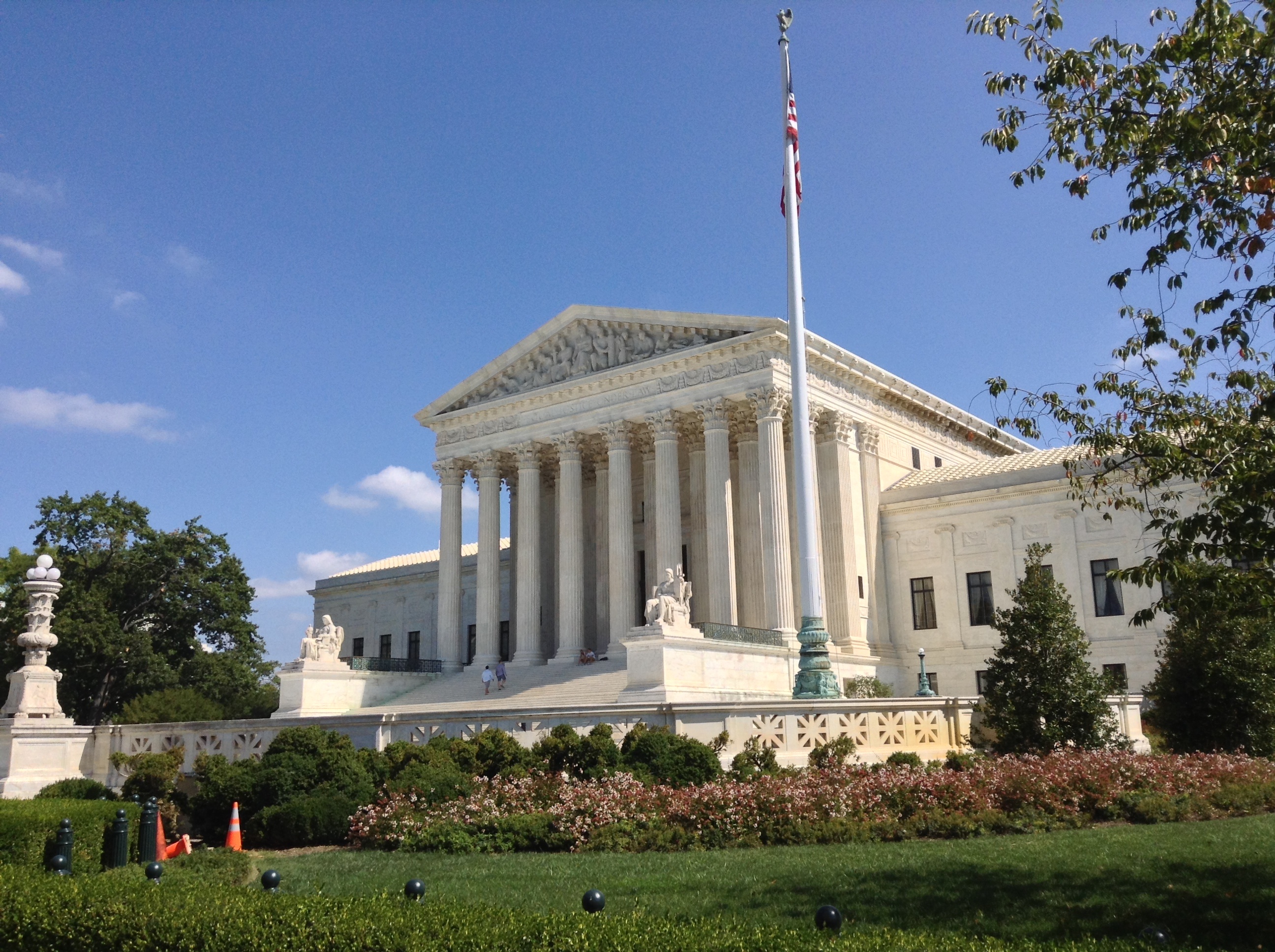The past year has seen a significant rise in movements supporting sexual assault and harassment victims, most notably #MeToo and Time’s Up. Coinciding with these movements, a record breaking number of women across various industries have come forward with testimonies, and sometimes even legal action, towards their harassers. Popular culture has shifted and the discourse on sexual assault has transformed from a subject privately held, to a subject openly discussed. Social media has played a large role in this shift, offering a platform for women to share their stories and receive support. Perhaps most importantly, these changes have resulted in greater accountability than before, though not ensuring justice for all victims who have come forward. From Hollywood to Capitol Hill, investigations have been conducted on men accused of sexual assault leading to legal, personal, and financial ramifications for those found guilty. While #MeToo has caused increased awareness and repercussions for sexual assaulters within the corporate realm, the partisanship of Kavanaugh’s Supreme Court hearings reveal that the US political system prioritizes political self-interest over sexual assault accusations. For example, while Republicans were quick to call upon Democratic Senator Al Franken’s resignation due to sexual assault, they did not attribute the same weight to Kavanaugh’s confirmation. However, given the increased discourse and diverse identities of candidates who ran and succeeded in the midterm elections, there is hope that #MeToo might finally pierce the political realm.
Last month, Brett Kavanaugh’s nomination to the Supreme Court was threatened by sexual assault allegations from Dr. Christine Blasey Ford. The Senate Judiciary Committee’s hearings for Kavanaugh’s nomination bore striking resemblance to Anita Hill’s testimony against Supreme Court Justice Clarence Thomas in 1991. Both nominations, though, were products of entirely different sociocultural circumstances. Anita Hill was an African-American woman during a more conservative time period, where discussion of these issues was considered taboo. Clarence Thomas stood to be the only African American judge on the Supreme Court, a key strategic role which contributed to the ambivalent stance of Black civil rights groups. Though the issue of race was absent from Kavanaugh’s hearings, the issue of gender was not. During Kavanaugh’s hearing, questioning was aggressively focused on Dr. Ford’s memory lapses and consumption of alcohol, which is a kind of ‘victim blaming’ as it places the burden of responsibility for the alleged assault on her shoulders. In light of recent shifts in popular culture to support victims of sexual violence, Dr. Ford’s testimony and reception in the Senate was reminiscent of Anita Hill, despite the 25 years which have passed.
The Supreme Court has also become more politicized and influenced by popular culture. For example, Ruth Bader Ginsburg has acquired cult status with two major feature films chronicling her life, “RBG” themed paraphernalia sold on Etsy, and a blog dedicated to her sense of style and impressive workout routine. Ginsburg has been a strong advocate for the #MeToo movement and has “prais[ed] women for speaking up.” Ginsburg, who has affected American popular culture, has also contributed to the momentum of popular movements such as #MeToo.
Following Kavanaugh’s confirmation, Ginsburg was a vocal critic of the heavy partisanship involved in the hearings. The goal of having a Republican-controlled judicial branch, with a justice who looks favorably on Trump, might have outweighed Brett Kavanaugh’s individual faults as a nominee. Some argue that partisanship played an even bigger role than popular culture in Kavanaugh’s confirmation—the vote for his nomination, largely on party lines, was one of the closest confirmations of a Supreme Court Justice in history. Ginsburg remarked that this partisanship appeared to be a new trend that didn’t occur during her confirmation in 1993. During her confirmation, the atmosphere was much more bipartisan: In stark contrast to Kavanaugh’s confirmation, she was nominated 96 to 3 and gained votes from Republican senators despite her previous work with the ACLU. It doesn’t matter if there is a successful #MeToo movement or if Dr. Ford testified in an era where women were supported for speaking out. At the end of the day, the votes in Kavanaugh’s confirmation process were primarily based on political allegiances.
The increasing trend of holding party interests paramount is a threat to institutions such as the Supreme Court, which attempt to provide a “non-partisan” interpretation of the law. If the emphasis on partisanship carries forward, the more extreme, Republican controlled Supreme Court could be used to overturn prior judgements. In fact, during his campaign, Trump said that the reversal of the Roe v. Wade decision, a landmark case granting women the right to abortion, “will happen automatically” because he is “putting pro-life justices on the court.” In fact, some speculate that Trump nominated Kavanaugh because of his strong support of the Trump administration and also his pro-life stance on abortion. Even Justice Ginsburg, a supposedly political neutral figure, took a harsh stance on Trump while he was campaigning. As partisanship divides institutions such as the Supreme Court, it calls into question the Court’s fundamental role in society. Does it exist to neutrally interpret the constitution, or is it merely another tool to advance party objectives?
Moreover, with the growing influence of popular culture in the political sphere, the way in which we view institutions such as the Supreme Court has shifted dramatically. These past midterms used social media and engaged popular culture more than ever before, using celebrities to vote and social media apps like Snapchat and Facebook to register voters and alert them of nearby polling booths. Topics such as Kavanaugh’s confirmation became rallying points in many midterm campaigns. Moreover, the midterms yielded a record number of women elected to the U.S. House of Representatives, including women achieving historical firsts. Perhaps an example of the influence of #MeToo in mobilizing female voters and shifting popular opinion, this shift could incorporate “#MeToo” mindset throughout the legislative process.
Photo: The Supreme Court
